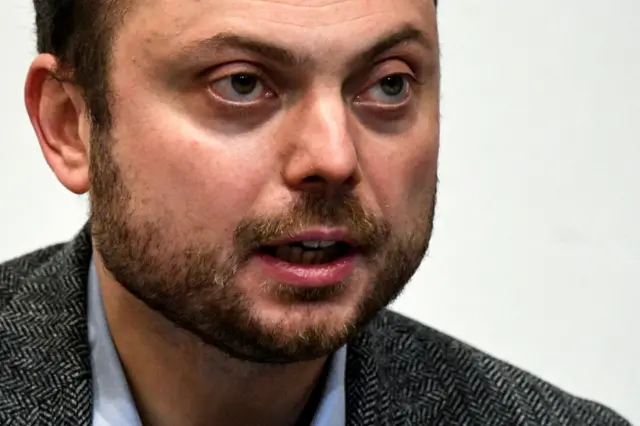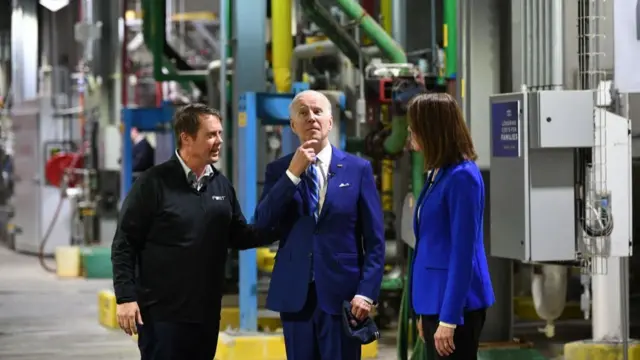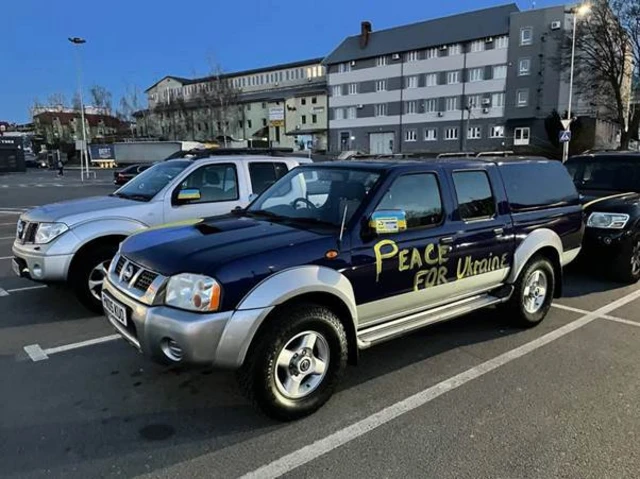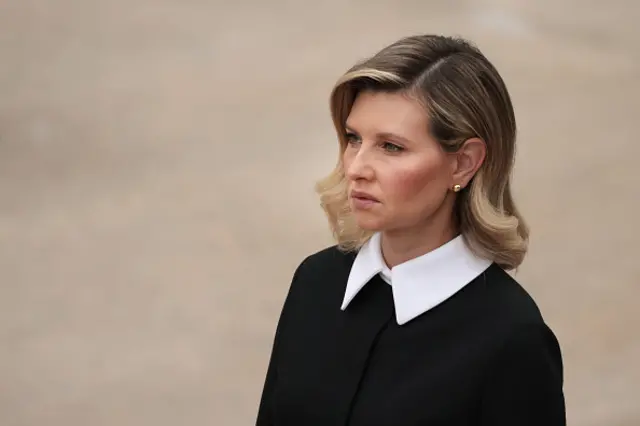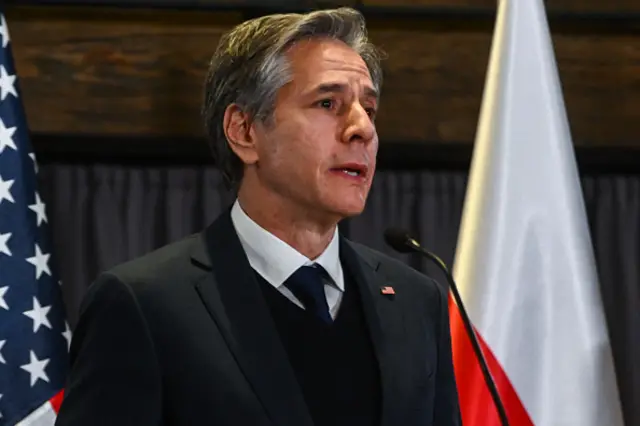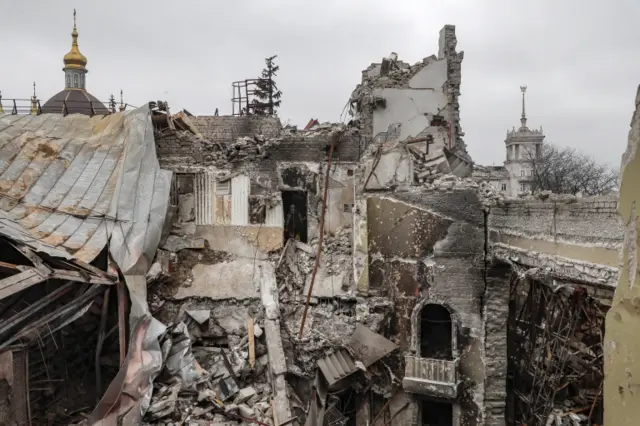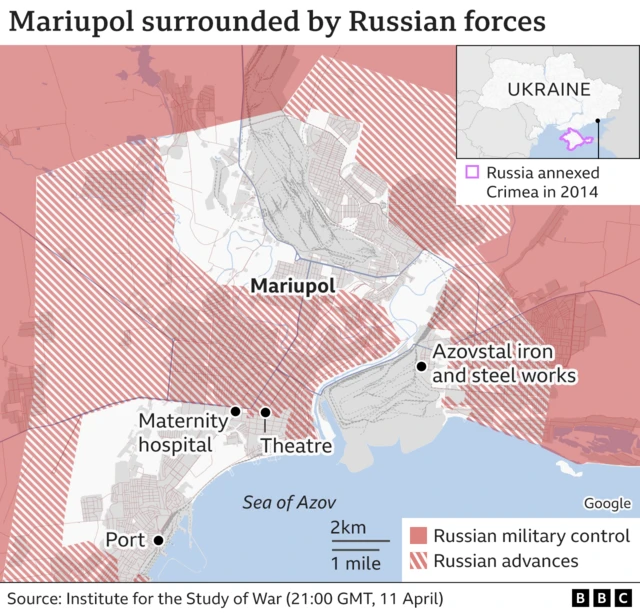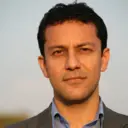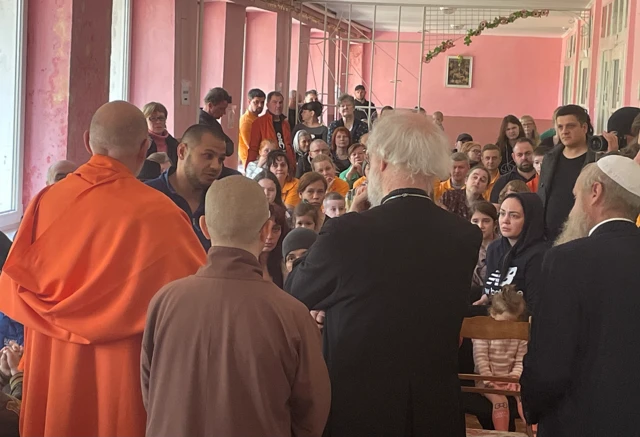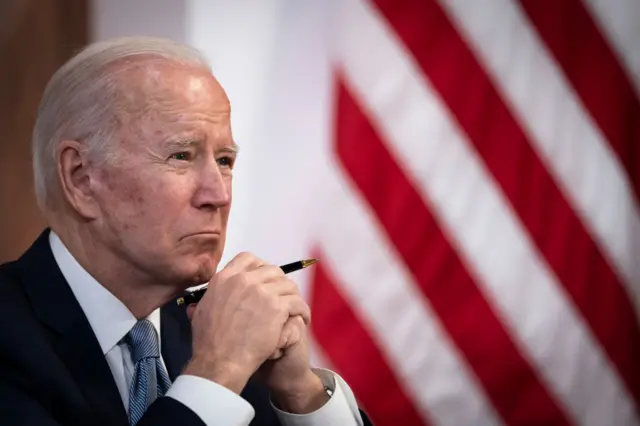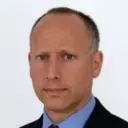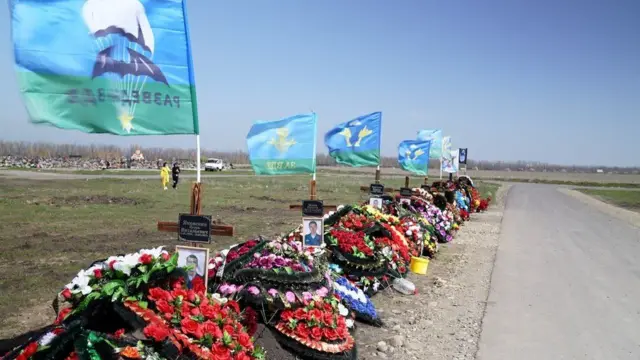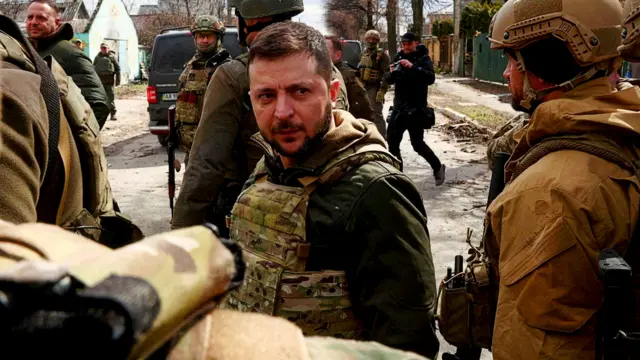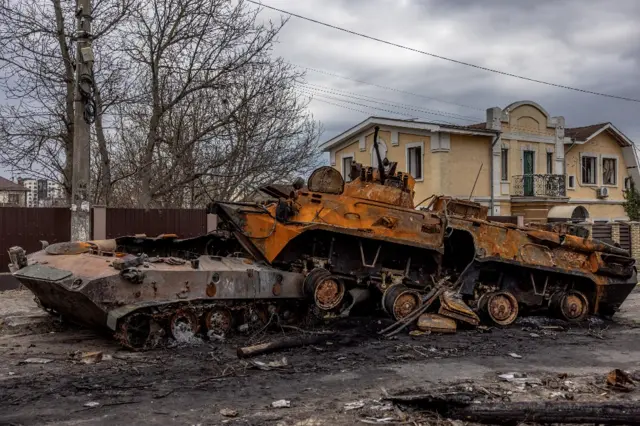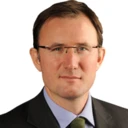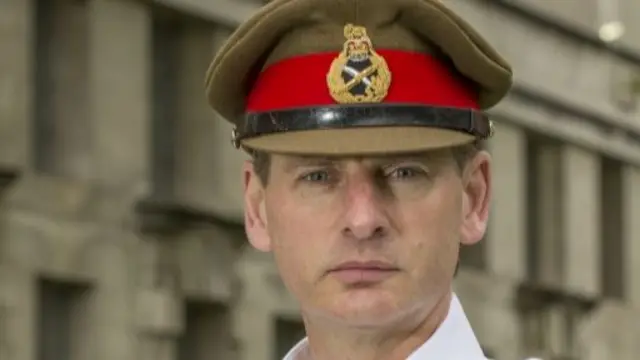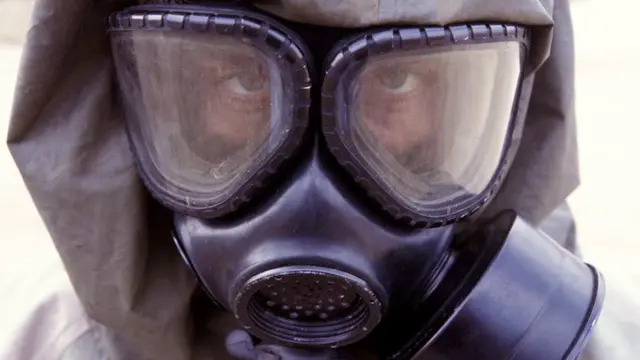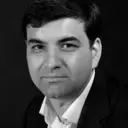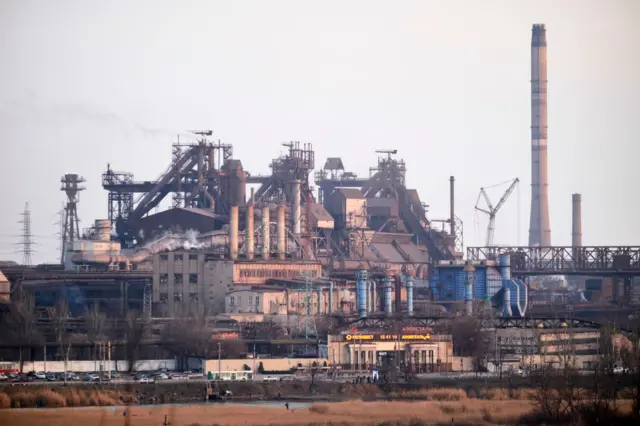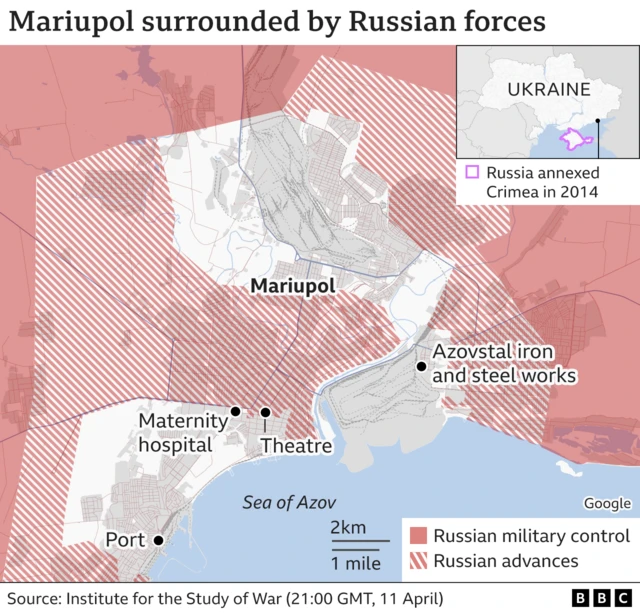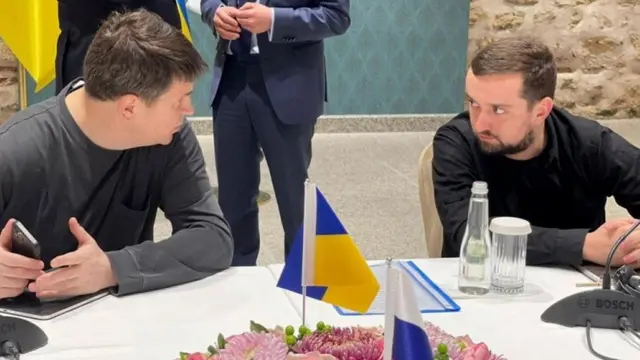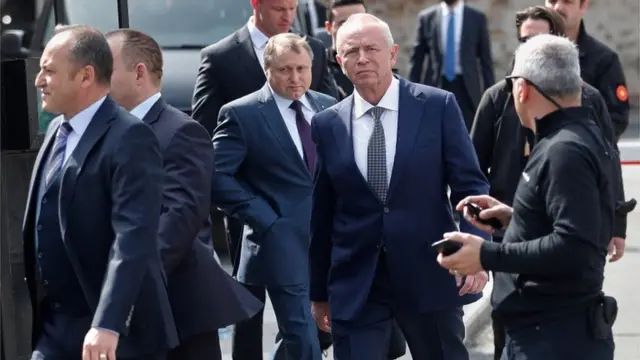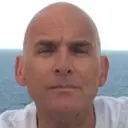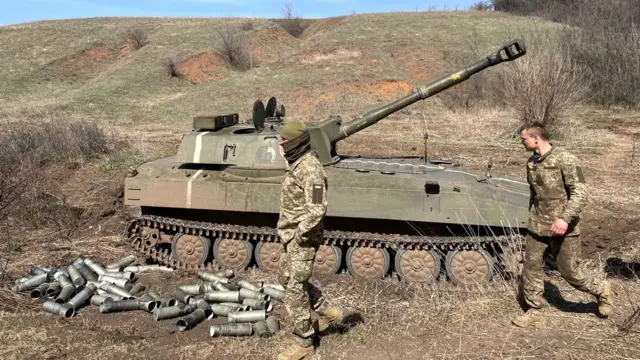Watch: Biden accuses Russia of 'genocide'published at 23:39 BST 12 April 2022
Biden was speaking at an event in Iowa on Tuesday
US President Joe Biden has accused "dictator" Vladimir Putin of genocide.
Speaking in Iowa about domestic energy costs, Biden went further than any other member of his administration in describing civilian killings in Ukraine.
US officials have accused Russia of committing war crimes, but have not until now gone so far as to call it "genocide".
Biden later said it would be up to lawyers to decide if genocide had been committed.
"It sure seems like genocide to me," he told reporters after his speech.
Biden accuses Russia of 'genocide' in Ukraine
US President Joe Biden accuses Russia's Vladimir Putin of genocide in Ukraine.
Read More